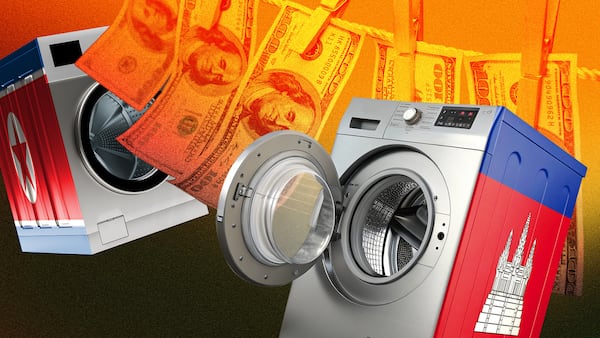- At least 20% of US crypto owners have suffered hacks or scams.
- Crypto users fear that simple mistakes could make them lose their funds.
- Users need simpler wallets to prevent more costly errors.
North Korean hackers, kidnappers, and phishers all strike fear into the hearts of crypto holders who have lost more than $2 billion to laptop-wielding larcenists this year, but their most dreaded adversary is far less cinematic: themselves.
That’s according to a survey by Kraken, a crypto exchange. It reported that almost half of cryptocurrency holders are more afraid of making personal security mistakes than of falling victim to criminals.
“Most retail users never touch contract code, but they paste wallet addresses every day, so user experience, not malware, feels like the real danger,” Deddy Lavid, co-founder and CEO of Cyvers, a blockchain security company, told DL News.
“The industry still treats basic transfers like high-wire acts: one typo, and funds are gone forever,” Lavid said. “In practice, human-factor mistakes now drain a crucial part of stolen funds, making bad interface design a large attack surface.”
And the statistics seemingly back up the anxiety. While 20% of respondents said they’d been the victims of scams or hacks, and more than a third think they will be, self-sabotage is the fear that truly haunts them, the survey revealed.
$25 million
More than two-thirds of respondents said they’d made at least one classic blunder like forgetting passwords, misplacing seed phrases, or even sending cryptocurrencies to the wrong blockchain.
Last year, a trader who goes by qklpj.eth mistakenly sent $25 million to the wrong blockchain address. Luckily for the trader, they were able to negotiate with the blockchain project involved to recover the lost funds. Not everyone is as fortunate.
And this fear dampens greater enthusiasm for cryptocurrencies among the retail crowd. Half of the respondents surveyed said the fear of screwing up has prevented them from investing more in cryptocurrencies.
And that’s perhaps the fault line at the heart of cryptocurrency self-custody: balancing empowerment with the almost paralysing responsibility that comes with being the system administrator of your own wealth.
Culture of self-custody
Crypto has a culture of self-custody built around a mistrust of centralised systems.
“Not your keys, not your coins” is gospel for some proponents. But that gospel comes with high stakes. Lose your keys, lose your assets. No chargebacks or bank support on which to fall back.
Crypto security researchers say one solution is for wallet makers to simplify the transaction process with human-readable previews.
They also say wallets need to create a short window for users to undo transactions, especially large transfers, if they notice any error, similar to the way banks and credit card providers operate.
The goal, according to blockchain security experts, shouldn’t only be about building firewalls to keep hackers out. It should also be about helping users not to accidentally light the house on fire from the inside.
Kraken surveyed almost 800 crypto users.
Osato Avan-Nomayo is our Nigeria-based DeFi correspondent. He covers DeFi and tech. Got a tip? Please contact him at osato@dlnews.com.








